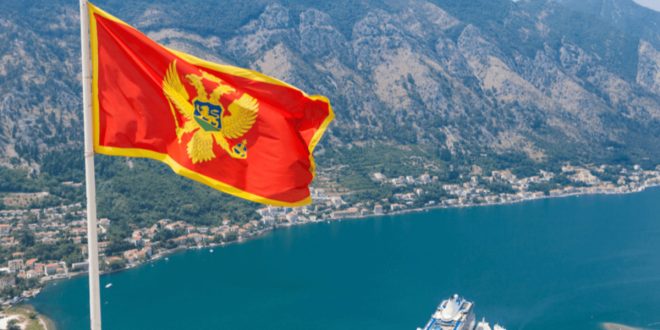Montenegro will re-evaluate the controversial ban proposed on digital payment systems, wallets and mobile apps for betting transactions.
The government enacted laws this year that prohibit electronic payment methods, including Apple Pay and PayPal, for online gambling services. Incumbents of Montenegros betting sector instantly criticised the laws, that will likely hinder Montenegro’s efforts to join the EU.
Several months later, Montenegro is reassessing the mandate, as market insiders tell SBC that revisions are expected later this year. The government is facing public and industry criticism because of the ban.
Betting industry customers are not happy about the limited payment options. Besides Apple Pay and PayPal, other forms of mobile banking, IPS, and e-banking are also prohibited, which are strongly believed to infringe on EU/EC competition rights
Instead of using electronic payment methods to fund online betting accounts, customers must use cash or specific terminals.
The betting sector is the most vocal opponent of the ban, as the law impacts the most crucial aspect of operators’ relationship with customers transactions and protecting consumers from black market exposures.
In the early stages of the law’s application, Montenegro Bet, the country’s betting industry trade association, reacted strongly. A petition with over 25,000 signatures was submitted to the National Assembly, prompting a legislative review.
In May, MontenegroBet, representative, Jovana Klisi, expressed to SBC: “Removing e-banking and mobile payment options, despite their compliance and transparency, not only hampers operational efficiency but also jeopardizes employment in the sector.”
SBC has learned that some operators have been preparing legal action since the ban’s implementation. As such, a lawsuit is being prepared for the International Court for Settlement of Investment Disputes. The bookmakers cite corrupt practices and unequal market access by the government.
Concerns extend beyond the betting industry. Betting is a small but significant sector in Montenegro’s economy, employing around 2% of the workforce.
Montenegro Bet warns that the ban could lead to job layoffs, worsening the unemployment rate, which is already high at 15%. The loss of income in the gaming sector would also mean a loss of tax revenue for the state.
On a broader political level, Montenegro has been negotiating to join the EU since 2012, having applied to join the political-trade bloc in 2008, two years after gaining independence from the Union of Serbia and Montenegro.
The gambling electronic payments ban could complicate these efforts by creating a paradox. By emphasising cash, the ban contradicts EU rules around money laundering, which prefer digital payments and view cash-heavy transactions as higher risk.
Additionally, the law clashes with EU initiatives like the European Digital Identity (e-ID) program, which aims to standardise electronic identification across the EU’s 27 member states.
The law also contradicts a trend seen across the gambling industry, endorsed by regulatory commissions, which prefers cashless payments.
This trend is evident in countries like Australia, where policymakers view cashless payments as providing greater protections against problem gambling.
Legislators will likely consider the economic and political implications of Montenegro’s ban, as well as the petitions and legal actions by the gambling industry, when reappraising the law later this year. The outcome remains uncertain.
Don’t forget to subscribe to our Telegram channel!










